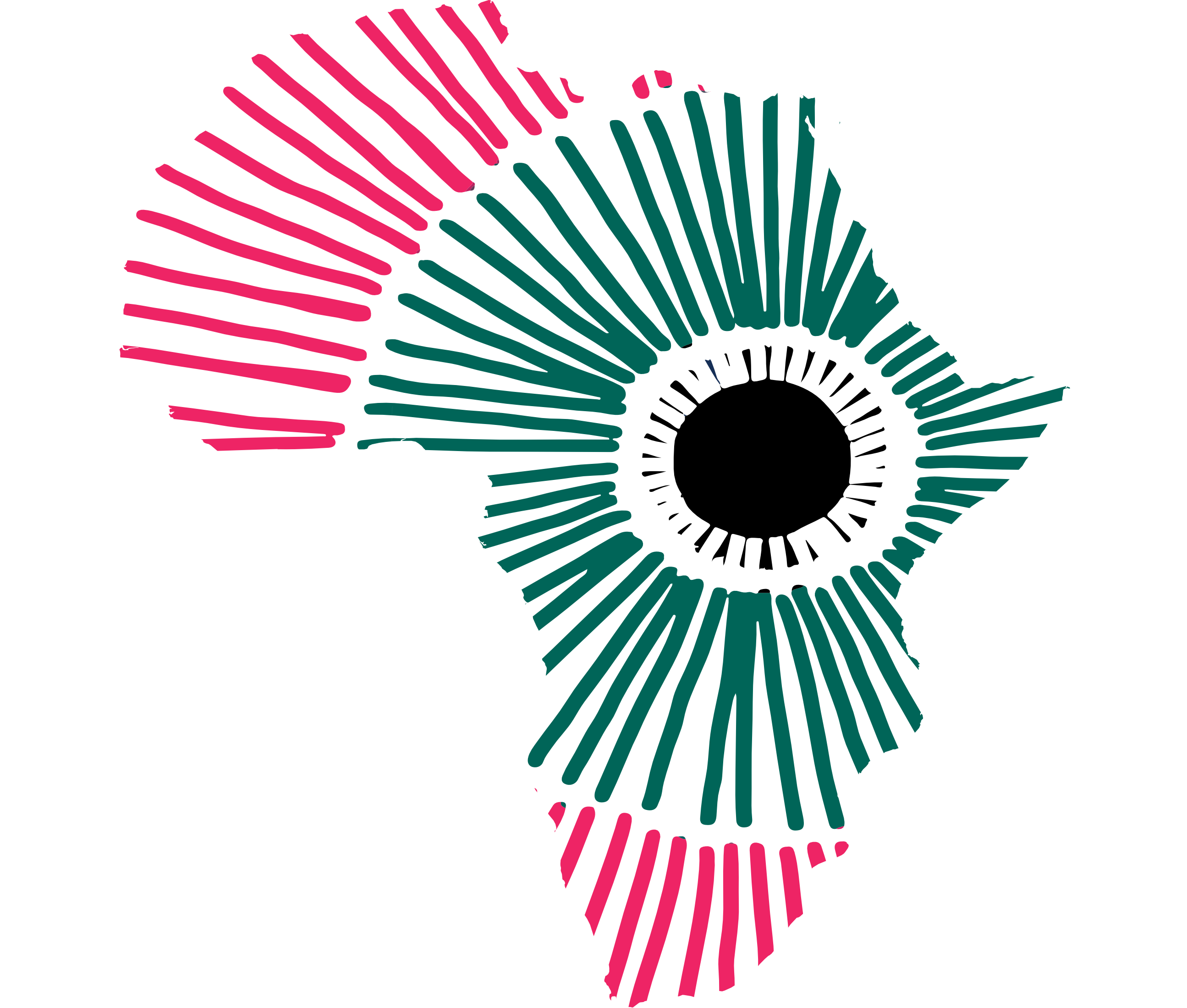Where is Swahili Spoken?

How many countries speak Swahili?
Swahili is one of the lingua franca in many countries within East, central and southern Africa and as far as some countries in the middle east. Swahili is spoken in about 14 African countries: Tanzania, Kenya, Uganda, democratic republic of Congo(DRC), Rwanda, Burundi, South Sudan, Somalia, Malawi, Zambia, Lesotho, Mozambique, Comoros and south Africa. Swahili has also spread as far as Yemen and Oman in the middle east. It’s a national language to four nations in east Africa: Tanzania, Kenya, Uganda and democratic republic of Congo(DRC). Swahili is majorly spoken in Tanzania with more than 80% of the country’s population speaking Swahili.
Swahili is among the 10 most widely spoken languages around the world and is taught across major universities and colleges globally. It’s also is also recognized as the official language of the African Union organization. Major radio networks use Swahili language to broadcast Swahili programs. This include the BBC, Voice of America, Radio South Africa, Deutschewel (Germany), Radio Cairo, Radio Japan, Radio Beijing, All India Radio and Radio Moscow International.
How many people speak Swahili?
Swahili is the mostly widely spoken African language. Swahili language has over 200 million speakers globally. About 16 million people speak Swahili as their native or first language. About 82 million people speak Swahili fluently as a second, third or fourth language. Approximately 90,000 people speak Swahili in the United States.
Is Swahili a creole language?
Swahili was originally a result of bantu and Arabians coming together without a shared first language. primarily a mix of the local bantu languages and Arabic through decades of intensive trade along the east African coast resulted to the Swahili language. Besides bantu and Arabic, Swahili also has English, Portuguese and French influence due to trade, colonial and missionary influence. Swahili has many loaned words from other languages some of which are directly translated to Swahili, for example the word “television” in English is translated to Swahili as “televisheni.”
Majority of foreign words in Swahili are Arabic and most of the words can be traced back to the Arabic language. Swahili has a consistent system of grammar and hold large established vocabularies. All these aspects make Swahili a creole language.
Is Swahili hard to learn?
No Swahili isn’t hard to learn. Just like in English, Swahili have no lexical tone therefore making it much easier for an English speaker. Swahili has many loanwords from other languages such as English and Arabic making it easier for non-native speakers. It’s very easy to learn since Swahili has a simple grammar structure and phonetic alphabet. The loanwords in Swahili are easy to trace back to the original languages making it easier for Swahili learners to understand most words.
Swahili words are read out the way they are written making it so easy to spell and pronounce the words. The Swahili words structure are easy to learn since they follow specific rules. For example, (most Swahili syllables are made up of a consonant and a vowel) this makes it easier to identify syllables in Swahili words. The stressing of Swahili words is always in the second last syllable and this rule has no exception therefore making it easier words pronunciation.
All Swahili words ending are vowels; this helps to learn Swahili words easily because you know what to expect in all the words.
How many words do you need to know to be fluent in Swahili?
Just like other languages, you are considered fluent in Swahili if you understand more than 10,000+ words. If you are able to have an in-depth discussion of any Swahili topic and identify most of the words used then you are considered fluent, and for the words you don’t understand you can certainly infer from context. Apart from words you also need to pronounce at least 90% of these words correctly.
To be fluent in Swahili you also need to be fast in understanding most words without taking time to think about or referring back to research.
You also need to be fluent and use correct words and pronunciation during self- introduction, polite requests, simple dialogues, greetings and even reading out written articles.
Can you learn Swahili in 3 months?
Yes, it’s possible to learn basic Swahili in 3 months depending on your level of dedication and amount of time you have to devote in learning the language. To master the basic Swahili vocabulary and grammar it will take about 60 hours or even a minimum of 48 hours in a 3 months’ period for a determined individual who is looking to learn the Swahili language fast as a new language.
Once basics have been mastered it will take another minimum of 120 hours to learn the intermediate Swahili. This is for the beginners who are looking to start learning Swahili as a completely new language. For an individual looking to perfect their Swahili and become completely fluent it can take about 160 hours through practices, revision, dialogues with the Swahili-speaking individuals, reading out Swahili articles, listening to Swahili audios and even trying to write Swahili blogs and short stories.
Best way to learn Swahili/how to efficiently learn Swahili/how to learn Swahili fast
- Getting a professional/tutor to make the journey less distressing by giving instructions and the Swahili structure and create more interest in your practice.
- Getting a rea-life practice that you may not get from apps. Apps are great but they miss most information such as accents, phonetic stress and intonations. A real-life practice with a tutor or a Swahili speaker will guide you on words pronunciation, correct intonations and how to stress Swahili words and syllable. learning from a tutor is easier and fast since you will have a chance to ask questions for clarifications and be corrected when you make a mistake.
- Learn the rules– Swahili do not have too many rules to remember but the ones there is play a major role in learning Swahili. Rules such as: how to…, when to…and when not to….
- Learn by immersion. Live in Swahili–speaking places and learn through the conversations.
- Learn vocabulary-some apps help you advance your vocabulary progressively by looking up meanings of new words you come across
- Read a lot. You can start with children books and with time advance to more complex literature such as Swahili novels, newspapers and educational Swahili text books.
- Practice a lot through pronunciations, reading, listening to audios and writing down new words or short articles in Swahili.
- Be kind to yourself– learning a new language is a journey that requires patience. Sometimes the frustration makes it seem as if you are not getting anywhere but remember it’s a step by step process and not an immediate thing to happen. Just put in more effort and dedication.
How to speak Swahili for beginners?
Beginners learn Swahili by starting off with the pronunciation of the vowels and consonants and some common Swahili words and phrases.
Beginners learn the phonetic stress in Swahili where stress is on the second last syllable of the word. This helps majorly in pronunciation.
You then learn basic Swahili phrases and greetings for self –introduction and how to start off and continue and end small conversation. You later advance to pronouns and Swahili verbs which helps in having a more detailed simple Swahili conversation.
As a beginner you exercise by making short comprehensible sentences, translating small sentences to English or your language, reading out Swahili sentences and practicing with others what you have learnt.
As a beginner you should be able to introduce yourself in Swahili language explain actions/verbs, make small conversations, ask Swahili question, refer to others using the corrects subject pronouns and pronounce any Swahili word.
As a beginner you should also be able to identify Swahili time, days and months in Swahili, counting most of the Swahili numbers.
How to say “how are you” in Swahili
Habari yako? -generally translates to “how are you”
Habari literally means “news”
Yako literally means “yours”
The literal meaning for habari yako? Is (news of you/your news?)


